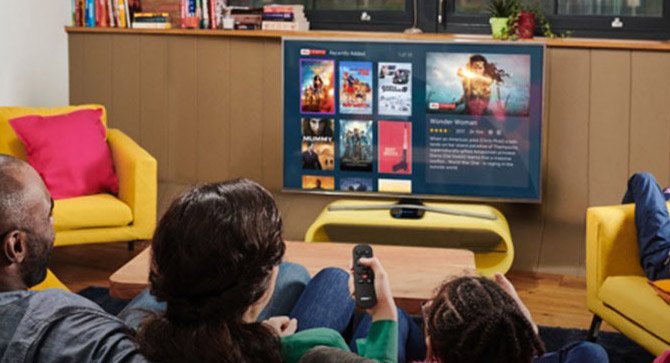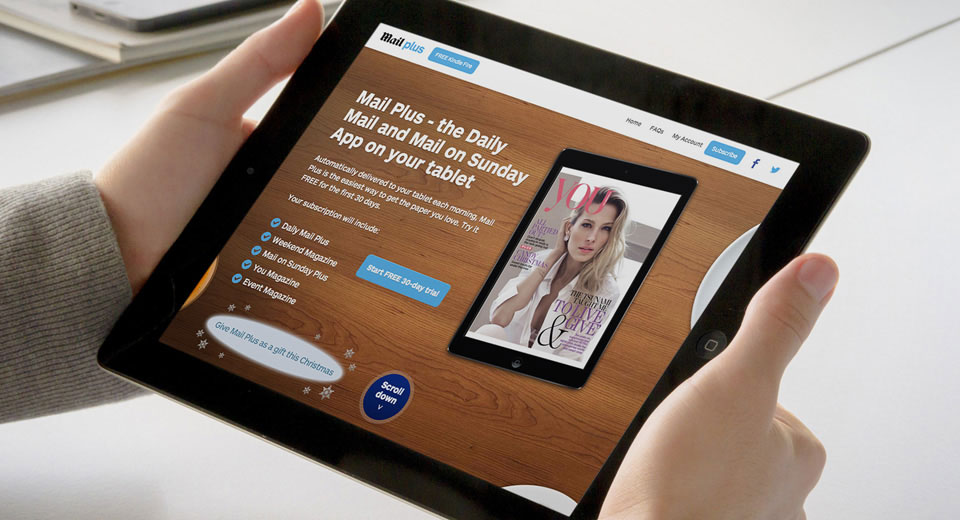What is Television in 2012?
The word television was first introduced to the world in 1900 at the World’s Fair in Paris during the first International Congress of Electricity. Since these first glimpses at moving pictures in grainy black and white, the word television has become more than a black box in the corner of the living room.
While sceptics dismissed television as something that wouldn’t be popular and pushed people towards the radio, innovators and forward-thinkers forged ahead. Soon enough colour was introduced to television, changing the way people see and understand the world. Cable television opened up a whole new range of viewing opportunities and with the introduction of satellite television, pay television channels for movies and sporting events – it seems like television really did take over. It is not uncommon for people to have multiple televisions in their homes, all with access to over 200 channels.
Or is it so common? Some pundits will claim that the television is struggling. More and more people are turning to online entertainment, with some even unsubscribing from traditional cable methods and turning to the Internet. The advent of mobile devices such as iPads, iPhones, tablets and android devices has changed the way people get their “television”.
Admittedly, this is not news – we all know that more and more people are turning to online media and entertainment. In fact whole industries have been created to provide such entertainment and to enable users to access this content with secure and proven online eCommerce methods. So why, write about the changing face of television today?
Lets start with YouTube. YouTube was launched and founded in 2005 and has quickly grown to be the go-to online resource for all sorts of videos. From learning how to knit videos, to footage from international sporting events, to commercials, and of course user uploaded videos of crazy cats and goofy kids – hours can be spent getting free online entertainment. Unlike the television, where viewers are bound by programming schedules and paying for specialty channels – YouTube lets you watch what you want when you want it.
Now people expect to get their entertainment on their terms. This is the challenge that YouTube is working towards addressing. “We’re entering the third wave of media,” YouTube CEO SalarKamangar said during an on-stage interview with AllThingsD’s Peter Kafka in Laguna Nigel, California on Tuesday. “The first wave was the broadcast networks. The second wave was cable networks. Now it’s about giving people exactly what they want to watch today.”
By developing niche channels that allow users to watch videos specific to their interests such as business, food, fashion, pets, and dance – YouTube is hoping to get more and more people online and watching. To keep people watching and not being forced to continually click on the play button to start the next video, uses will be able to subscribe to a channel and simply sit back and watch it – just like television.
This is almost like television is coming full-circle – but online and through the computer screen. Subscribe to only the channels that meet your interests and sit down to be entertained and educated.
In light of this initiative by YouTube, it is interesting to consider the announcement this week by Sky about their new Internet-based television platform. Recognising that people have changed the way they pay for and subscribe to media and entertainment, this is a way for Sky to capture the market of people who do not subscribe to a pay-television service.
For a monthly rate, subscribers will have unlimited access to Sky Movies – as well users can optionally use a pay-as-you-go service to rent individual movies. Essentially this is a very similar model used by Netflix and Lovefilm. Users can watch movies and television programs on their mobile device of choice or even on their connected-TV.
Okay – so what is the big deal? Quite simply the innovation and the changes we’re seeing in how we get our entertainment, want our entertainment and expect to be entertained. Both YouTube and Sky are taking some risks here – they see that their audience is changing and recognise that just like the inventors of the television, it is time to push the barriers and keep up the forward-thinking.
 us
us 






 Posted by MPP Global on
Posted by MPP Global on


